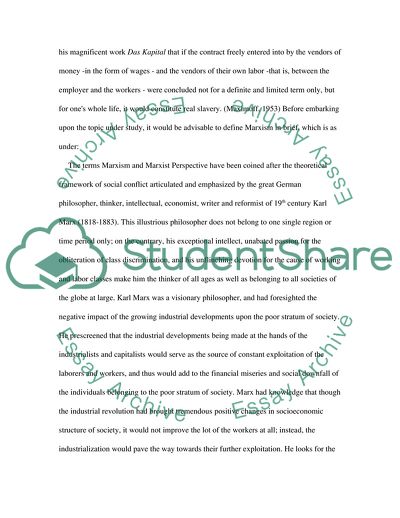Cite this document
(Capitalism from a Marxist Perspective Coursework, n.d.)
Capitalism from a Marxist Perspective Coursework. https://studentshare.org/sociology/1735466-capitalism-from-a-marxist-perspective
Capitalism from a Marxist Perspective Coursework. https://studentshare.org/sociology/1735466-capitalism-from-a-marxist-perspective
(Capitalism from a Marxist Perspective Coursework)
Capitalism from a Marxist Perspective Coursework. https://studentshare.org/sociology/1735466-capitalism-from-a-marxist-perspective.
Capitalism from a Marxist Perspective Coursework. https://studentshare.org/sociology/1735466-capitalism-from-a-marxist-perspective.
“Capitalism from a Marxist Perspective Coursework”. https://studentshare.org/sociology/1735466-capitalism-from-a-marxist-perspective.


